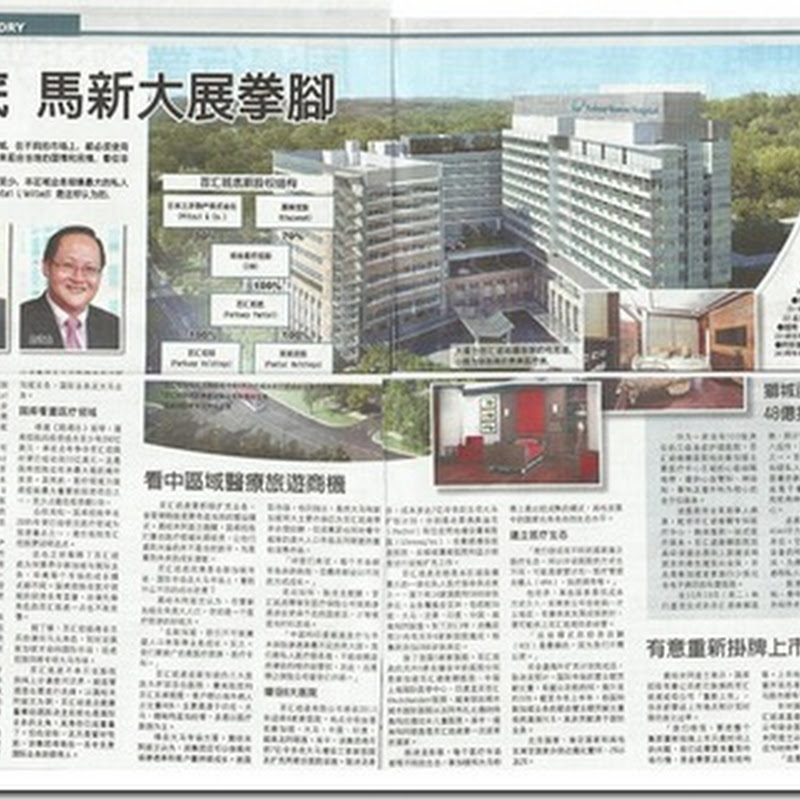Asian stocks sink as concerns about global economy, financials persist; Tokyo hits 26-year low
HONG KONG (AP) -- Asian stock markets sank Monday, with Japan's benchmark tumbling to a 26-year closing low, amid deepening anxiety that economies in the U.S. and elsewhere will take far longer to emerge from recession.
Investors continued to shun banks on worries the financial sector still hasn't raised enough capital to make up for its massive losses on bad assets. Heavyweight lender HSBC, Europe's largest bank, plunged over 24 percent in Hong Kong trade.
Japanese shares, already among Asia's worst performing this year, crumbled further after the world's second-largest economy posted a record current account deficit in January, its first in 13 years. Oil prices, meanwhile, were higher ahead of an anticipated production cut from OPEC.
Recent losses in Asian markets, while somewhat tame compared to those in the West, have still been severe as investors ratchet down their expectations for global growth in the face of abysmal economic data and signs of ongoing struggles at banks and major firms like General Motors.
"Sentiment is terrible," said Ben Pedley, managing director of LGT Investment Management Ltd. in Hong Kong. "We're going to be in a funk, not only in Asia, but in the rest of the world for the next year or two."
Japan's Nikkei 225 stock average fell 87.07 points, or 1.2 percent, to 7,086.03, and Hong Kong's Hang Seng tumbled 576.94, or 4.8 percent, to 11,344.58 on the coattails of HSBC, a huge component in the index.
Also weighing on Hong Kong were steep falls in mainland markets, where investors booked some profits after the government didn't announce new and bigger policies to stimulate the economy at an ongoing legislative meeting. Shanghai's benchmark plummeted 3.4 percent.
Stock measures in India, Singapore and Taiwan also fell; those in South Korea and Australia gained 1.6 percent and 0.3 percent respectively.
Friday in New York, Wall Street ended a volatile session slightly higher after investors digested news that the world's largest economy shed 651,000 jobs last month. The unemployment rate jumped to a 25 year high of 8.1 percent.
The Dow rose 32.50, or 0.5 percent, to 6,626.94. The Standard & Poor's 500 index rose 0.83, or 0.1 percent, to 683.38, while the Nasdaq composite index fell 5.74, or 0.4 percent, to 1,293.85.
Wall Street futures pointed to a weaker open in the U.S. Dow futures were down 70 points, or 1.1 percent, at 6,604 while S&P500 futures fell 9.8 points, or 1.4 percent, to 678.
Banks were among the day's biggest losers. The region's financial firms are in generally better shape than their Western peers, but investors still worry about the impact of overseas lenders on Asia's economy and its financial sector.
In Hong Kong, the broader market was dominated by the downward spiral of HSBC Holdings PLC. The British lender dived 24 percent to HK$33.3 -- its lowest point in over a decade -- ahead of its offering of new shares to raise capital. Just last year, its stock traded above HK$130.
In Japan, lender Shinsei Bank Ltd. lost 8.8 percent after saying Friday it will issue preferred shares to shore up its capital base.
In the oil market, benchmark crude for April delivery rose 61 cents to $46.16 a barrel in Asia as investors anticipated another OPEC production cut will shrink global supplies.
The dollar rose to 98.62 yen from 98.27 yen. The euro traded at $1.2627 from $1.2653.
Scan 06 Feb 2026
-
Symbol Type Date Close Price Volume 13 Day RSI
GLOTEC Overbought 2026-02-06 0.945 1263600 89.55
GUOCO Overbought 2026-02-06 1.05 1430700 95.61
HLFG Overboug...
7 hours ago






















































No comments:
Post a Comment